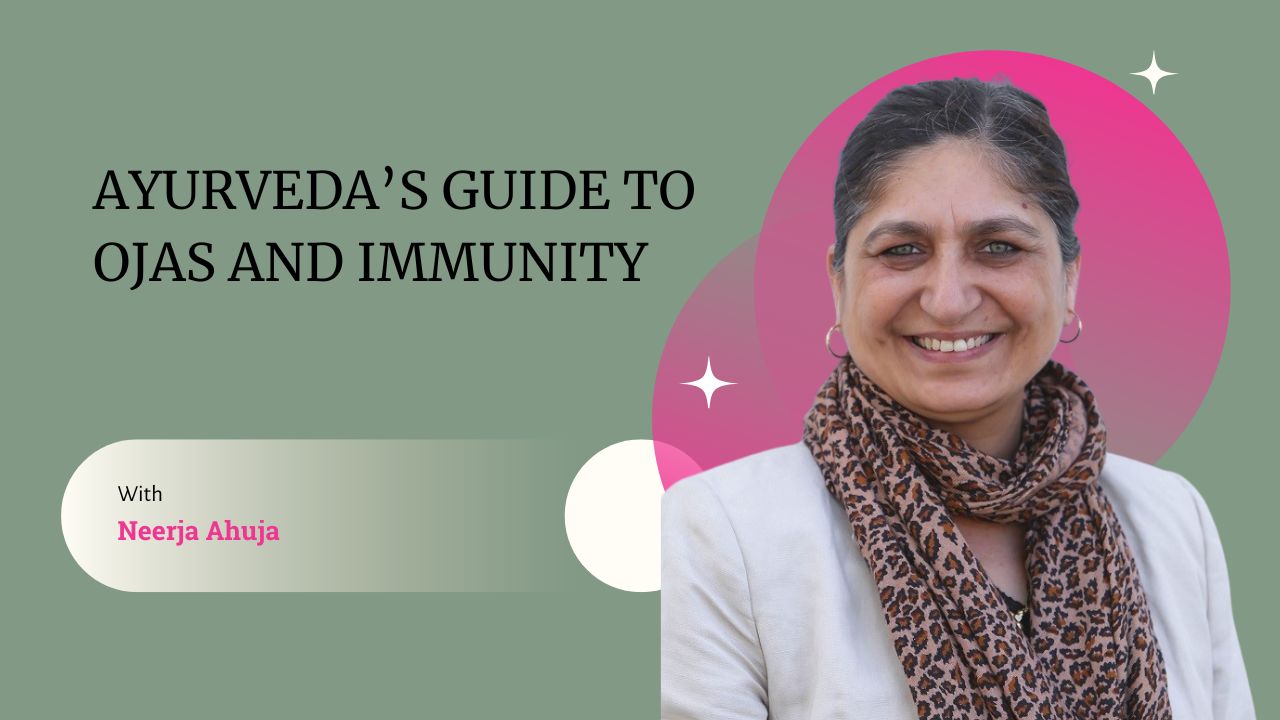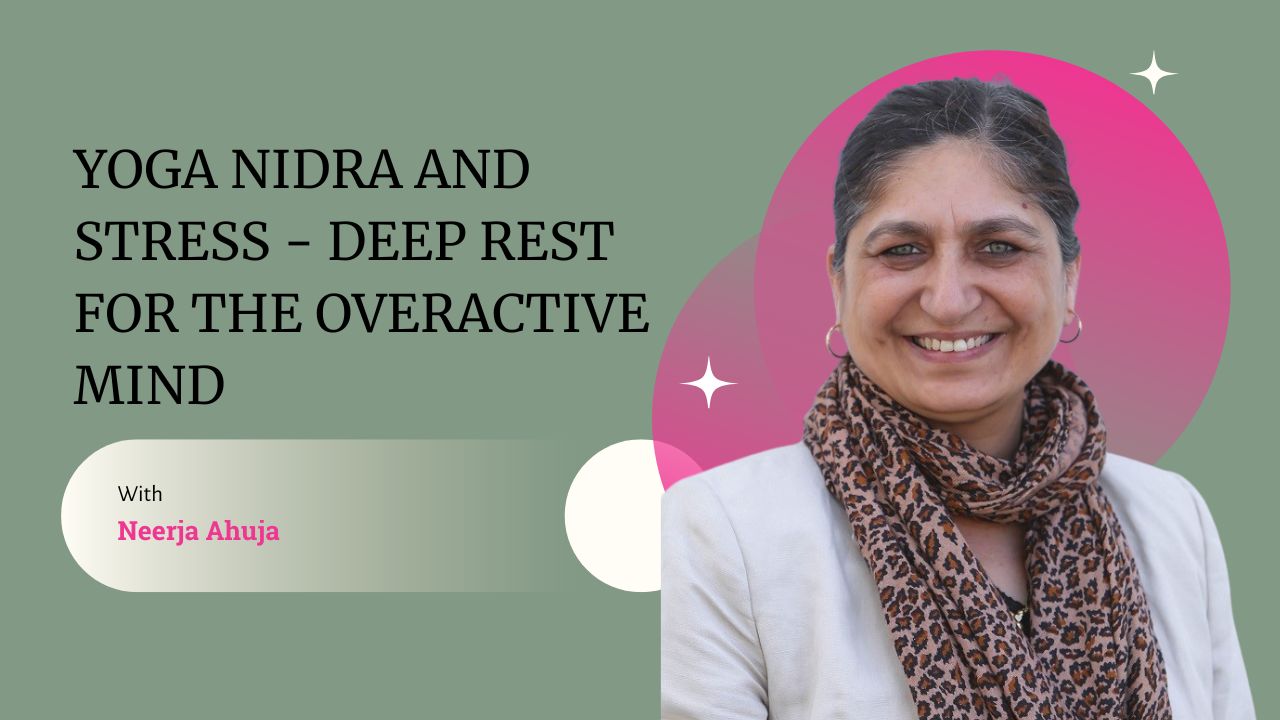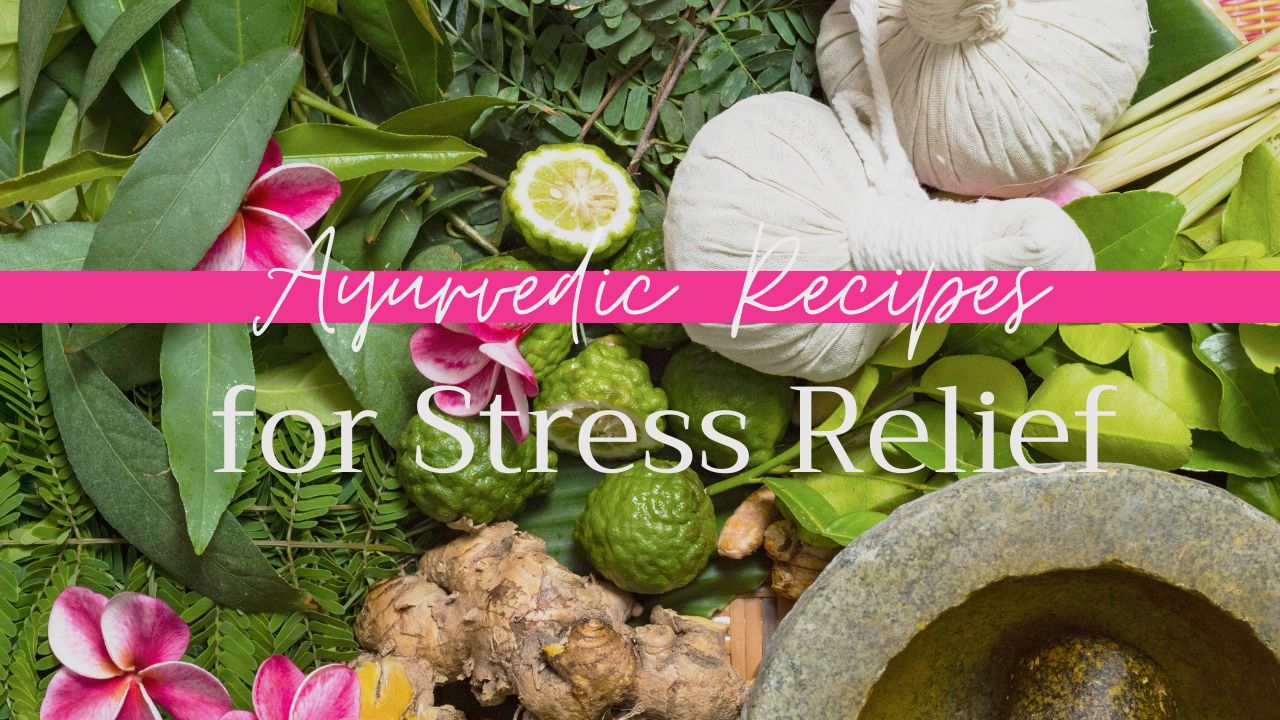During this crisis of COVID-19 pandemic, it is quite natural to experience a wide variety of mental concerns. There is no country, skin colour, community or religion that is immune to a virus. There are two pandemics that seem to be going on in the world – the Coronavirus and Fear due to psychological vulnerability.
The initial symptoms of the SARS-COV-2 (COVID 19) are like common flu – slight fever, cough, sore throat, shortness of breath and fatigue.
From the data available, most of the people seem to get mild symptoms and recover (about 80%). But it can quickly become severe to critical and lethal for others, with about 1 to 4% deaths (numbers are changing).
People who are more at risk are
- Senior citizens
- Those with an already compromised immune system
- People who may be on immunosuppressive drugs
- Those with nutritionally compromised constitutions
Things to do
- Take care of personal hygiene
- Sanitize – wash hands regularly
- Keep throat moist, sip or drink hot water regularly
- Isolate self – social distancing is recommended.
Fear is bringing worry, anxiety and a feeling of being overwhelmed. Fear of the unknown owing to the prevailing uncertainty, fear about health and the fear about finances. People feel anxious, stressed, afraid, upset, and desperate, or experience grief. Ideally, we would like to feel relieved, motivated, optimistic, educated and confidently prepared. In these times of prevailing uncertainty, let us look at mental health and fear. First, we need to accept that the fear is present. Then we can identify it and find where all it comes from.
- Things are changing at many levels for all of us very fast e.g.
- The way we work, the way we socialize, the way we live.
- Financial systems, businesses, education systems.
- Nothing is the same – at personal level or at community level.
- Underlying all others is also the fear of being mortal – the fear of death.
We know that prolonged stress and fear can reduce and depress immunity. And when we don’t have any definite cure, the best thing is to enhance our immunity. We already have written about it and herbs to take and other things you can do, and you can watch this or read this.
Science of fear
Thoughts and emotions are vibrations. Vibrations on the lower end of the spectrum are negative (disease causing). Vibrations on the upper end of the spectrum are positive (health promoting).
The hippocampus nuclei of your brain create neuropeptides that are the chemical match to your thoughts and feelings – especially very intense mental and emotional responses. Every cell in your body is drenched with these neuropeptides which then produce cellular changes. Low vibrations (mental and emotional) induce neuropeptides that cause imbalance then disease. High vibrations (Joy, Gratitude, Forgiveness) create neuropeptides that create wellness, vitality and health. Practice deliberate choice to experience high vibrations as a habit and your health will improve.
A virus is a small packet of energy, oscillating at a very low frequency. Fear and many other negative emotions are low vibrations of emotion. If we are experiencing those emotions, they attract and resonate similar vibrations around us.
Things to do
To keep your energy positive, and you may need to do this as a conscious effort on your part. Your brain when positive is 31% more productive than when your brain is negative, neutral or stressed. Fear will slowly fade away if you follow the following:
- Enhance your immune system by creating and practicing consciously:
- Joy
- attitude of gratitude.
- self-discipline.
- optimism
- mindfulness not to spread the fear on social media.
Remember you make a difference wherever you are. Use and practice words like courage, resilience, gratitude, healthy, and strong. When we use these words to express ourselves, they also start becoming our experience. Gratitude redirects the mind toward the positive and redirects the emotions toward joy and contentment. A five-minute a day gratitude journal can increase your long-term well-being by more than 10 percent. That’s the same impact as doubling your income!
- Use technology and share your thoughts and feelings with people you love and care.
- Practice ceiling on desires. The Financial stress can be managed by distinguishing between needs and wants. Cut down on all unnecessary waste and expenses on all kind of resources e.g. money, time, food and your own energy.
- Keep your mind and body busy with your work, home, family and keep interactions and positive thoughts.
- Ayurveda recommends a range of strategies for enhancing immunity and reducing stress, e.g.
- foods to favour and foods to avoid;
- herbs and supplements; and
- lifestyle practices that support in anchoring and pivoting your mind e.g. meditation, yoga and exercise.
How can we help you
At Ayurveda Awareness, we help people achieve the mind-body-spirit connection which encourages greater clarity, joy, relaxation and achievement.
Assisting people understand ‘living in the moment’, we support people as they find their true life balance and purpose. Through the use of long known practices, techniques and activities blended with well-planned dietary intake we see our people gain a state of well-being from where they consistently make good decisions and better their own well-being and that of their community.
We are working and taking appointments – online, phone and limited face to face. Herbs and supplements can be picked up or can be posted to you.
Here are the links for booking appointments
WELLNESS CHAT (15 minutes – Free, no obligation 15 minutes chat until 17th April)
or you can book a paid, 90 minutes consultation
PAID CONSULTATION (90 minutes)
for 60 minutes follow up consultation
https://ayurveda-awareness.as.me/followup-60
and for 30 minute consultation
https://ayurveda-awareness.as.me/followup-30




